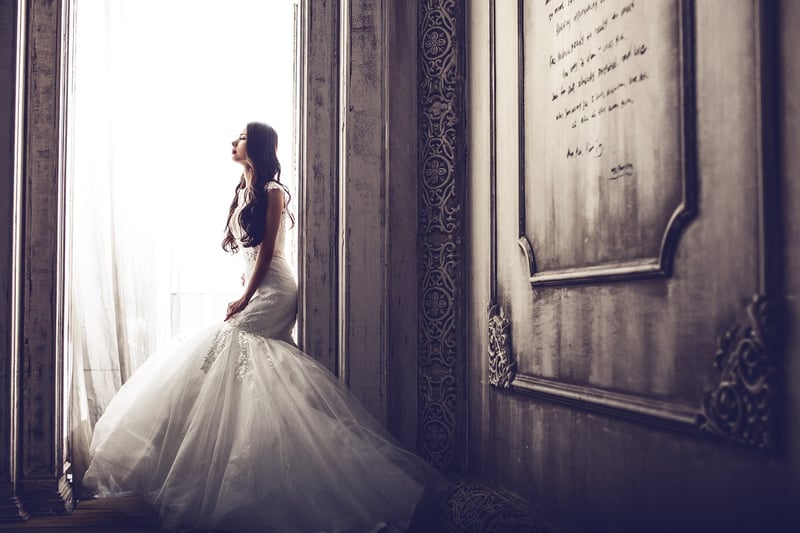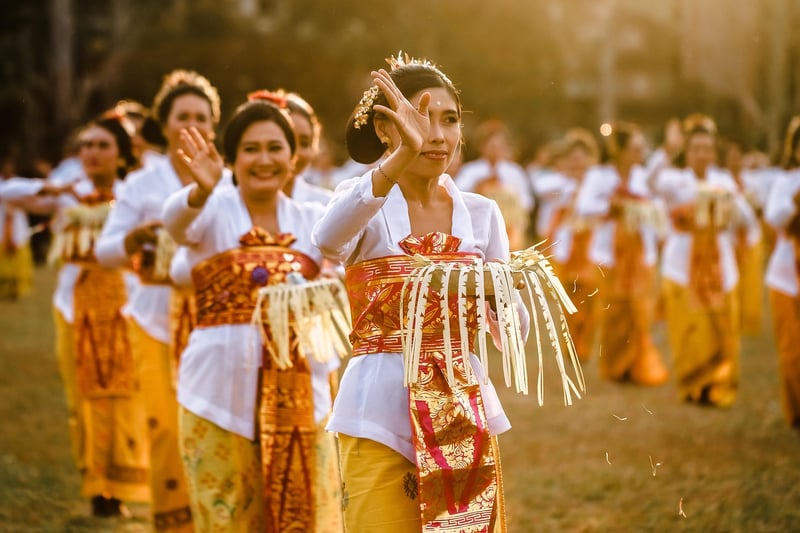Cultural Traditions
Create a Meaningful Ceremony with Cultural Traditions
Planning a ceremony that incorporates cultural traditions can add a deep sense of meaning and significance to any event. Whether you're organizing a wedding, a graduation, a milestone celebration, or a memorial service, infusing your ceremony with elements from your culture or heritage can make it truly unforgettable. Here are some tips to help you create a meaningful ceremony with cultural traditions:
1. Research Your Culture
Start by researching your own culture or heritage to understand the traditional customs, rituals, and symbols that are typically included in ceremonies. This will help you identify which elements resonate with you and are important to incorporate into your event.
2. Choose Significant Traditions
Select traditions that hold personal significance to you or the participants of the ceremony. Whether it's a special dance, a symbolic gesture, a traditional attire, or a specific prayer, choose elements that reflect your values and beliefs.
3. Involve Family and Community
Engage your family members, elders, or community leaders to participate in or offer guidance on the cultural aspects of the ceremony. Their input can provide authenticity and wisdom that enrich the overall experience.
4. Incorporate Symbolism
Use symbolic elements such as colors, flowers, fabrics, or objects that represent meanings or stories within your culture. These symbols can add layers of depth and convey messages that resonate with the participants.
5. Honor Ancestors
Pay tribute to your ancestors or heritage by including rituals or offerings that acknowledge their presence and influence. This can create a sense of continuity between past, present, and future generations.
6. Embrace Diversity
If your ceremony involves multiple cultures or backgrounds, celebrate the diversity by integrating traditions from each heritage. This inclusive approach can foster unity and mutual respect among participants.
7. Document and Preserve
Record the details of the ceremony, including the cultural elements incorporated, so future generations can learn about and continue these traditions. This ensures that your cultural heritage remains alive and cherished.
8. Seek Professional Guidance
If you're unsure about how to incorporate cultural traditions respectfully and authentically, consider consulting with cultural advisors, event planners, or officiants who specialize in multicultural ceremonies.
By weaving cultural traditions into your ceremony, you can create a memorable and meaningful event that reflects your heritage, values, and identity. Embrace the richness of your culture and share its beauty with others through a well-crafted and culturally infused ceremony.

